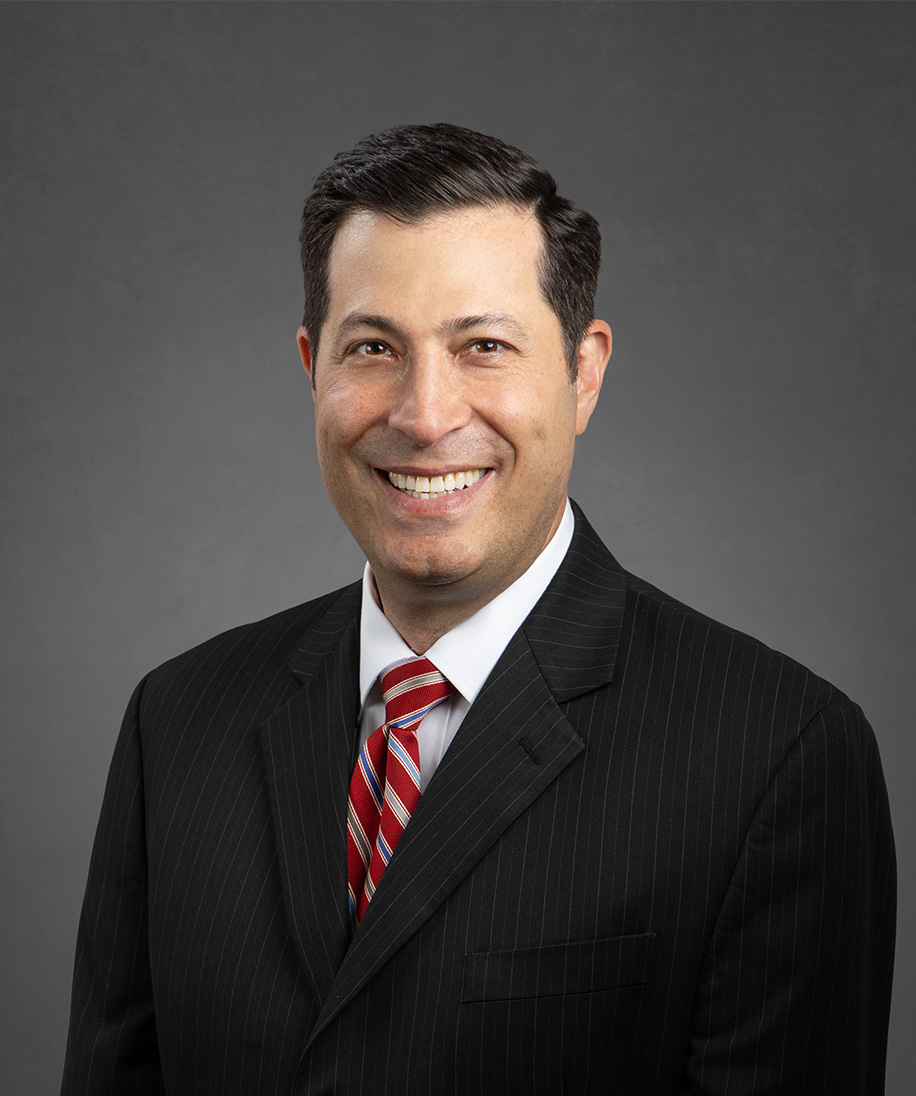Client Alert
New York City "Ban the Box" Legislation
June 25, 2015
By Marc Bernstein, Stephen Sonnenberg & Shaira Sithian*
On June 10, 2015, the New York City Council voted to approve the “Fair Chance Act.” This latest “Ban the Box” law has several important prohibitions. Among other things, it prohibits employers from inquiring into a job applicant’s arrests or conviction record before making a conditional offer of employment. Further, after an employer makes a job offer, the employer cannot rescind the offer based on a criminal background check, unless certain steps are taken (including providing the applicant with a written analysis of the employer’s justification for its rescission of the offer and affording the applicant an opportunity to respond).
The Fair Chance Act, which Mayor Bill DeBlasio is expected to sign, will go into effect 120 days after it is enacted. It contains the following terms:
Applies to most employers in New York City. The Fair Chance Act applies to New York City employers with four or more “persons” in their employ (including independent contractors who are not themselves employers). It makes limited exceptions for certain positions, such as police officers and peace officers, and where state, federal, or local law requires employers to perform criminal background checks for employment purposes or prohibits employment based on criminal history.
Advertisements cannot state or imply that criminal history will be considered. The Fair Chance Act prohibits employers from declaring, printing, or circulating solicitations, advertisements, or publications that state or imply that an applicant’s chances of employment may be limited by an arrest or criminal conviction.
Pre-conditional-offer inquiries are prohibited. It prohibits employers from making any statements or inquiries into an applicant’s conviction record or arrests before making a conditional offer of employment, whether in an employment application, a background check, a search of publicly available records, during an interview, or any other similar form of pre-offer screening.
Requirements for taking any adverse action based on information obtained. The Fair Chance Act permits an employer to inquire into an applicant’s arrest or conviction record after it makes a conditional offer of employment. But an employer must take certain steps before taking any adverse action based on information obtained through such an inquiry. First, an employer must provide the following to the applicant, in writing: (1) a copy of the inquiry that the employer had made into the applicant’s background (e.g., the background check report) and (2) an analysis, with reasons for the action, under N.Y. Corrections L. §23-A (which requires employers to consider several factors and determine that hiring the applicant would pose an unreasonable risk to property or to public or individual safety, or that the offense bears a direct relationship to the job). The employer must then allow the applicant a “reasonable” time to respond (at least three business days) while holding the position open.
Enforcement and Penalties. The law provides for a private right of action and also allows the City Commission on Human Rights to bring a charge against the employer. The applicant has three years from the alleged violation to commence an action and may seek damages—including punitive damages—and injunctive relief.
Next Steps for New York City Employers
If the bill is signed into law as expected, employers should take the following steps to ensure compliance:
Employers should update their job application forms and review their hiring process.
Employers should also train all individuals involved in the recruitment process regarding the law.
As “Ban the Box” legislation becomes more prevalent throughout the nation, employers should consider universally delaying inquiry into applicants’ criminal histories until after making conditional offers.
*Alison Lewandoski, a summer associate with the firm, assisted in writing this Client Alert.
***
Practice Areas
For More Information

